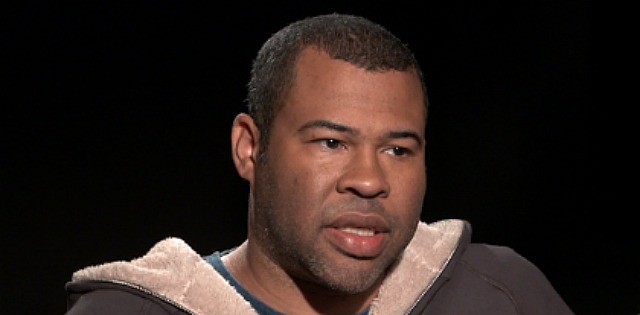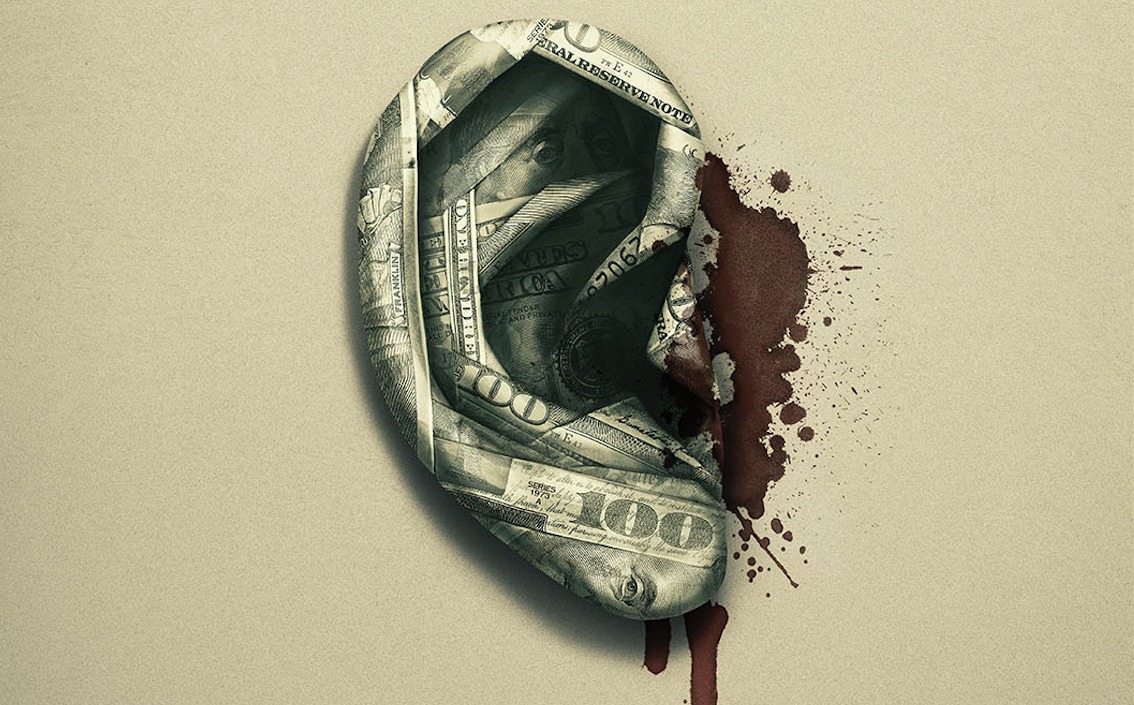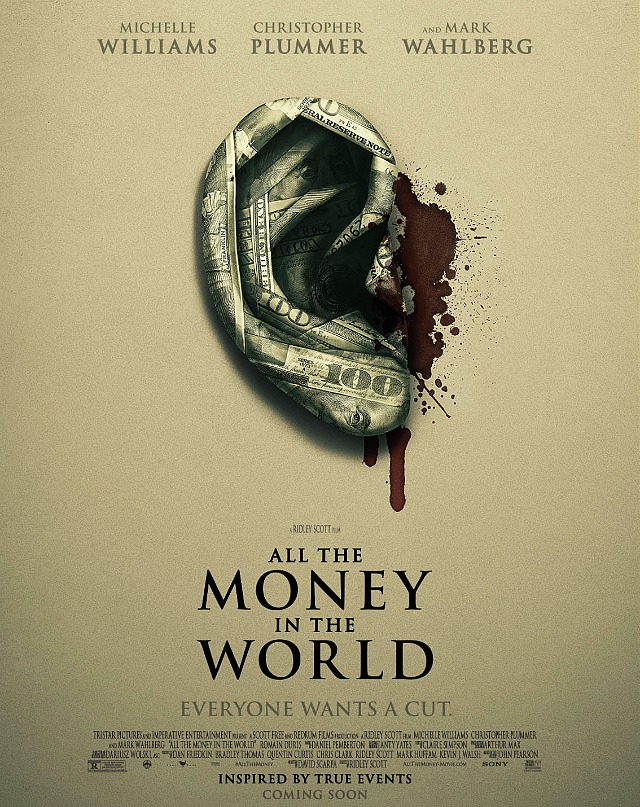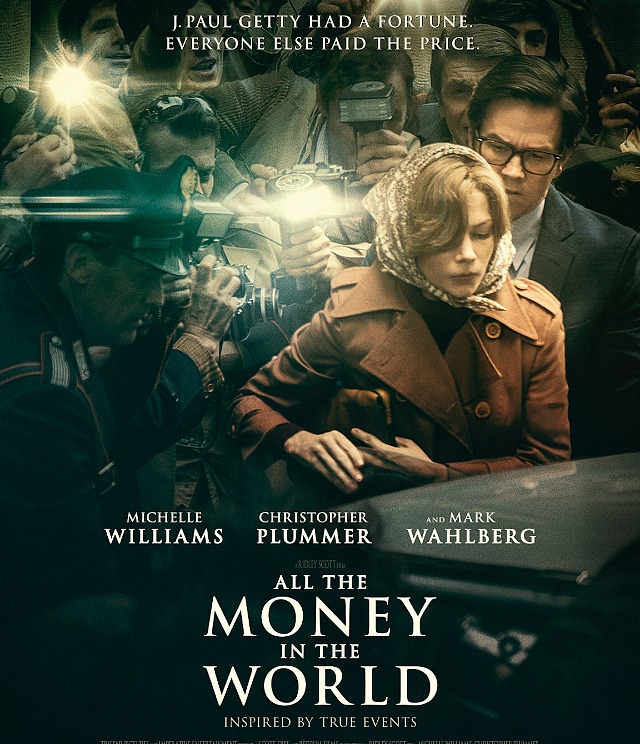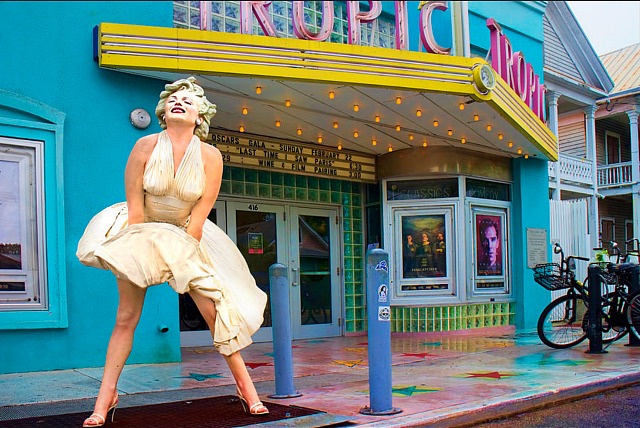Earlier today Deadline‘s Mike Fleming asked Get Out director Jordan Peele to explain why Get Out has been submitted for consideration in the Best Motion Picture – Musical or Comedy category for the Golden Globe awards. A little while ago Fleming posted a statement from Peele about this:
“When I originally heard the idea of placing it in the comedy category it didn’t register to me as an issue. I missed it. There’s no category for social thriller. So what? I moved on.
“I made this movie for the loyal black horror fans who have been underrepresented for years. When people began standing up for my voice, it meant a lot. Get Out doesn’t just belong to me any more — now it belongs to everyone.”
The following Peele passage is quite a standout: “The reason for the visceral response to this movie being called a comedy is that we are still living in a time in which African American cries for justice aren’t being taken seriously.” (Wells response: “Agreed, but what does this have to do with trying to pass off a Stepford Wives-like horror film about racial-divide issues as a comedy? Lil Rel Howery is funny in it, but the movie doesn’t seem to be. Okay, except for that ‘I would have voted for Obama three times’ joke.”)
Peele: “It’s important to acknowledge that though there are funny moments, the systemic racism that the movie is about is very real. More than anything, it shows me that film can be a force for change.”
Peele: “At the end of the day, call Get Out horror, comedy, drama, action or documentary…I don’t care. Whatever you call it, just know it’s our truth.” Wells interpretation: “We wanted to win a Golden Globe and figured we had a better shot in the Comedy-Musical category.”
Nominations for the 70th annual Golden Globes will be announced on 12.11, but will Get Out be nominated as Peele has suggested?
The Golden Globe awards will be broadcast by NBC on the evening of Sunday, January 7th.

